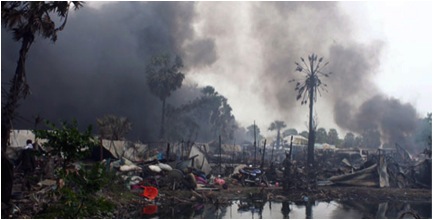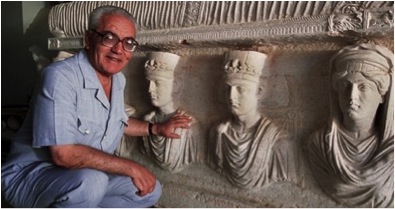In the year 1400 John de Marignolli, the Papal Ambassador to the Court of the Mongolian Emperor, wrote about Sri Lanka, then known as Seyllan: “From Seyllan to Paradise is a distance of forty Italian leagues, so it is said that the sound of waters falling from the fountains of Paradise is heard there.”
Six hundred and fifteen years later, the United Nations is due to publish a detailed report on war crimes and other serious abuses in the country. At a session of the United Nations Human Rights Council on Monday this week, the UN High Commissioner for Human Rights said the report’s findings “are of the most serious nature.”
“It is absolutely clear, given the findings in this report, that there must be a great deal of soul-searching that needs to take place if Sri Lanka is going to ensure non-recurrence,” said High Commissioner Zeid Ra’ad Al Hussein. “It is crucial that this historic opportunity for truly fundamental change not be allowed to slip.”


